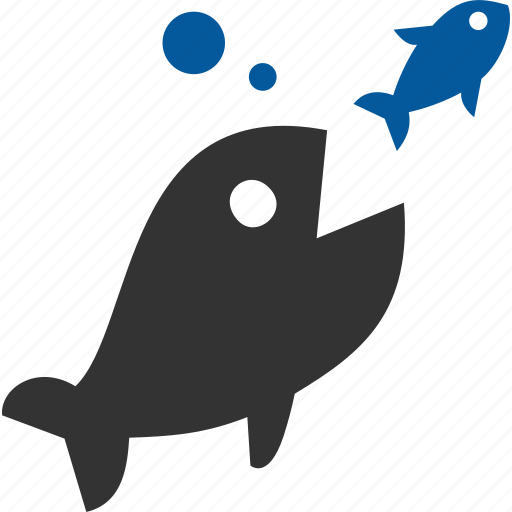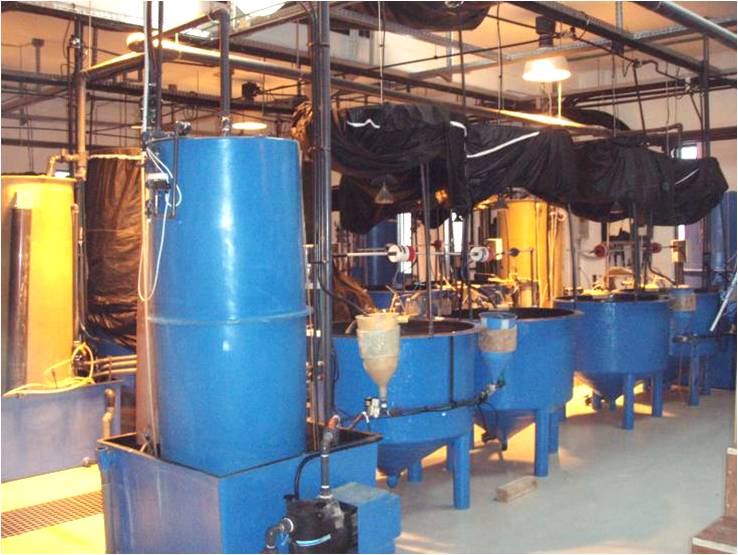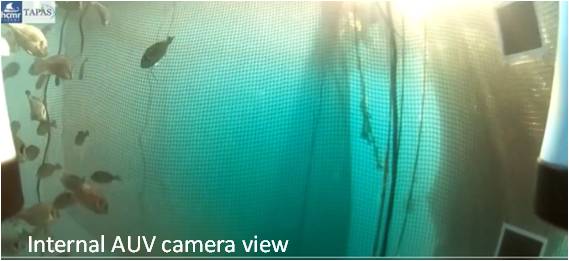People involved
Facilities


Services
Services
akhgdkajsdhkajsd
Key research areas
Husbandry methods; Precision farming; Effects of climate change; Species diversification
 Appropriate husbandry methods during larval rearing and on-growing are of particular importance for the aquaculture industry. At the Aquaculture Technology Lab we study the feeding and environmental specific requirements of Mediterranean fish species. Since 2000 we are interested in the specific diversification of the production. In particular, for the greater amberjack (Seriola dumerili) and the meagre (Argyrosomus regius) successful methods for larval rearing and grow out are developed.
Appropriate husbandry methods during larval rearing and on-growing are of particular importance for the aquaculture industry. At the Aquaculture Technology Lab we study the feeding and environmental specific requirements of Mediterranean fish species. Since 2000 we are interested in the specific diversification of the production. In particular, for the greater amberjack (Seriola dumerili) and the meagre (Argyrosomus regius) successful methods for larval rearing and grow out are developed. The need for a better farm management in the frame of precision farming, applying principles of circular economy, represent an important research priority. New tools towards human free operational schemes are developed for cage farming such as (a) an Autonomous Underwater Vehicle (AUV) for frequent monitoring of cages, (b) systems for biomass estimation using stereoscopic imaging and (c) image systems for monitoring fish behavior aiming improvements in feeding and husbandry practices.
Among the research interests of the group is to understand climate change implications in the Mediterranean aquaculture and the definition of species-specific thermal preferences.
The need for a better farm management in the frame of precision farming, applying principles of circular economy, represent an important research priority. New tools towards human free operational schemes are developed for cage farming such as (a) an Autonomous Underwater Vehicle (AUV) for frequent monitoring of cages, (b) systems for biomass estimation using stereoscopic imaging and (c) image systems for monitoring fish behavior aiming improvements in feeding and husbandry practices.
Among the research interests of the group is to understand climate change implications in the Mediterranean aquaculture and the definition of species-specific thermal preferences.




